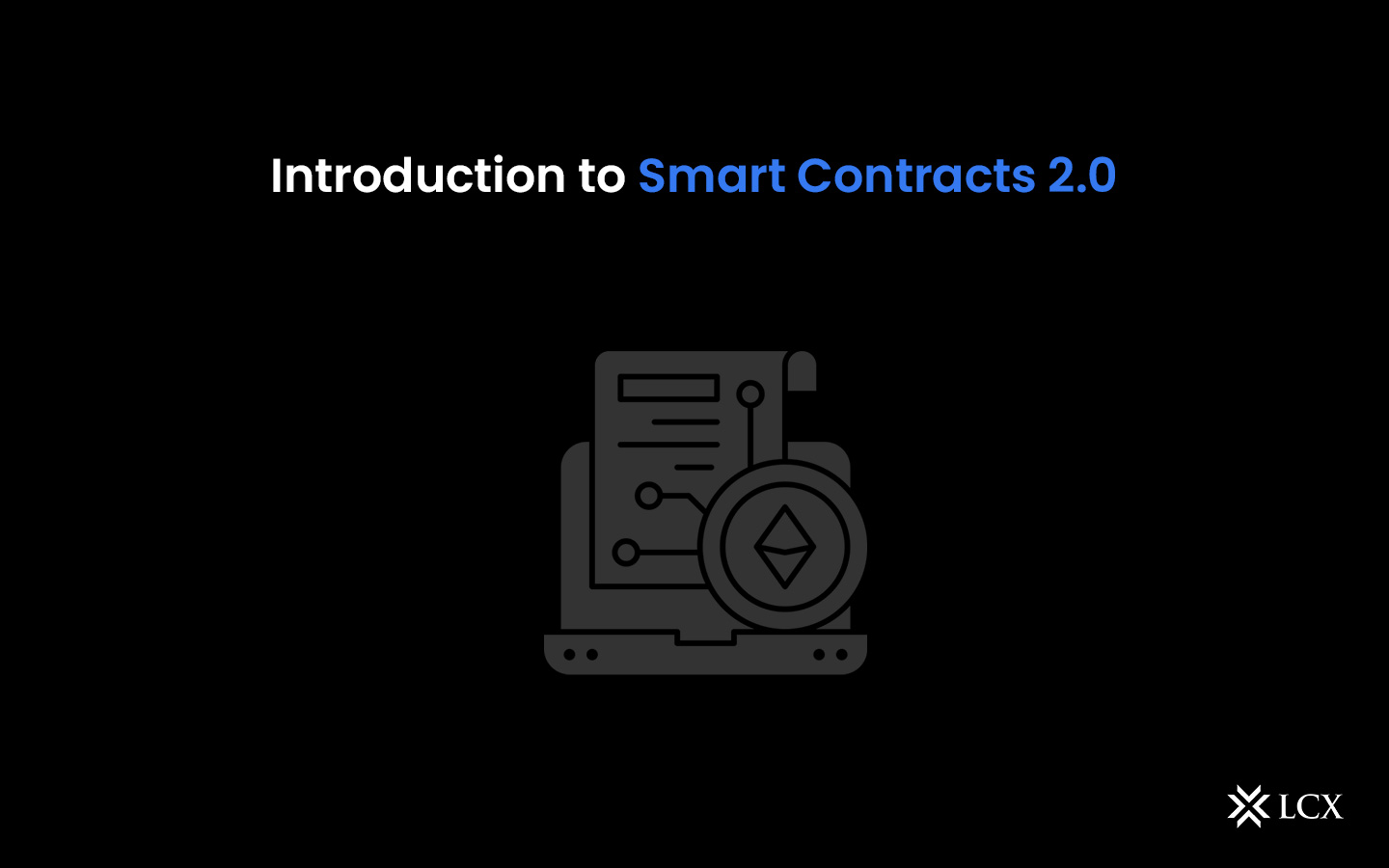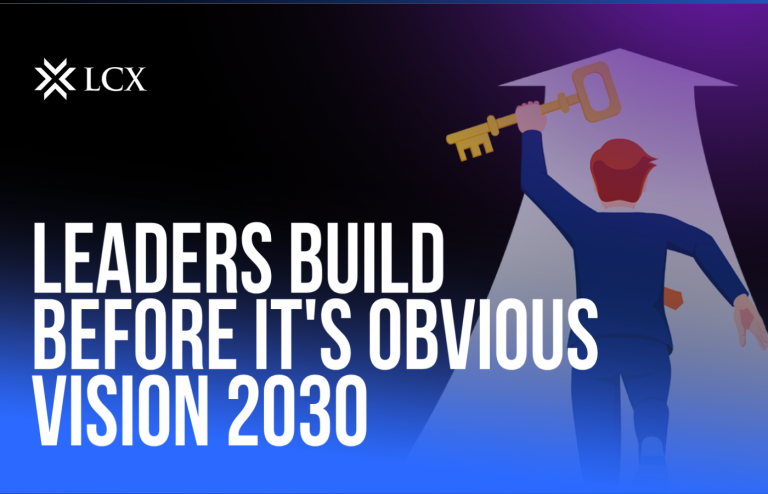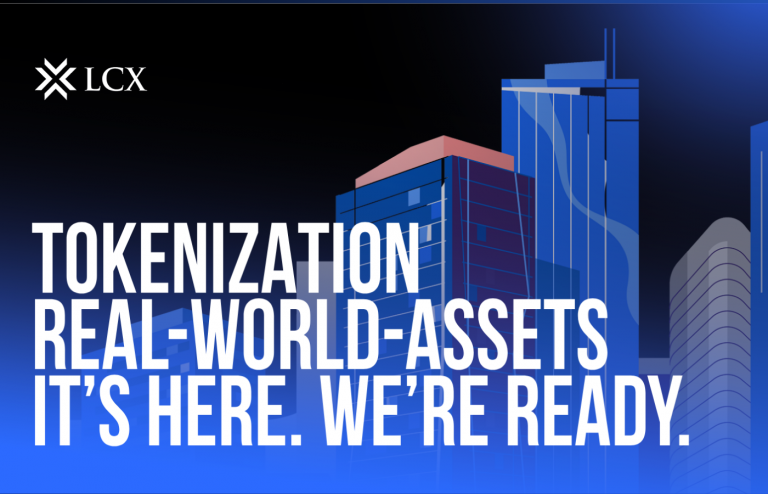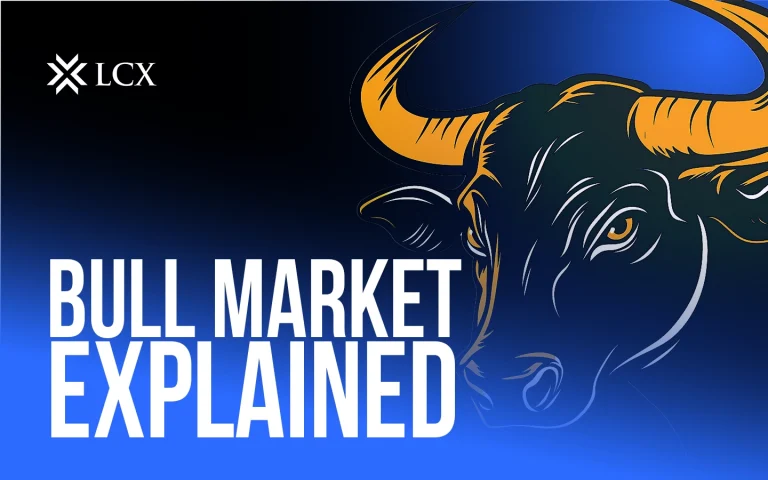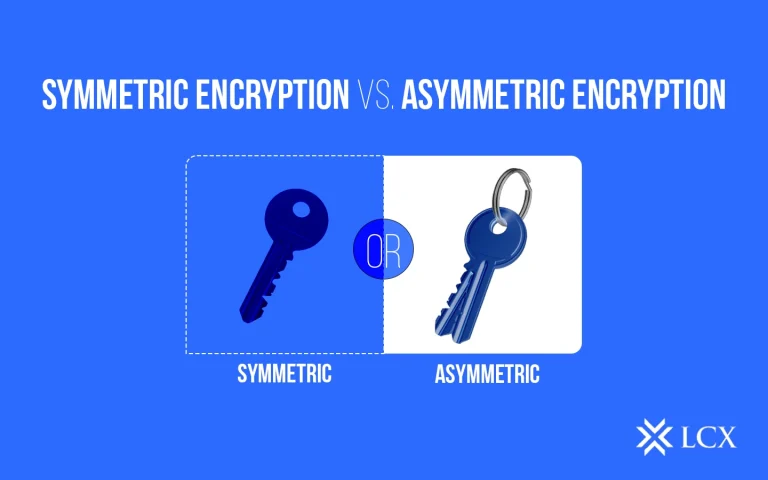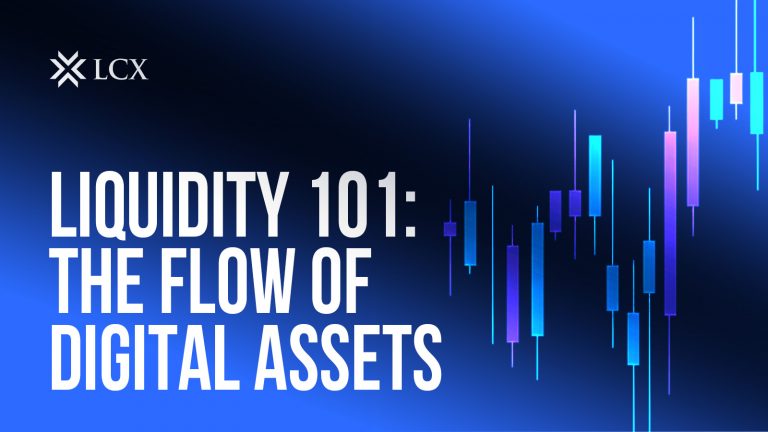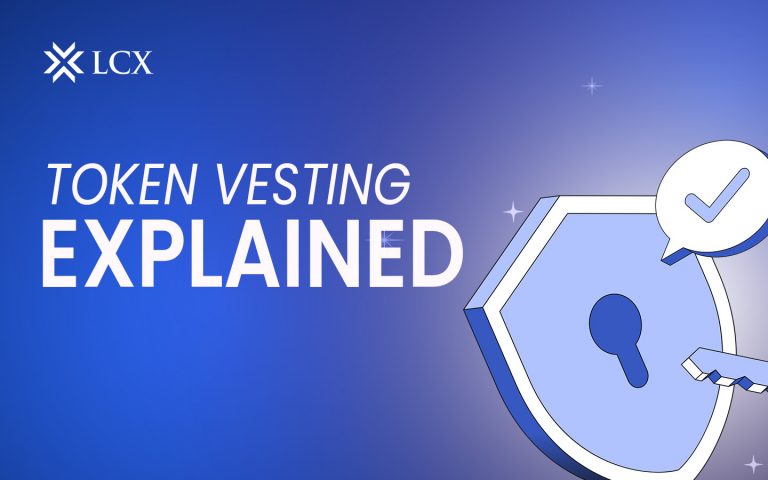Data recording and sharing underwent a transformative transformation thanks to blockchain technology. Smart contracts, which presented a novel perspective on automation, emerged as a further promising addition to the blockchain ecosystem. Self-executing code provided a new definition for executing transactions based on predefined conditions. Intriguingly, the blockchain community has been discussing smart contracts 2.0 news and the potential for enhancing the functionalities of smart contracts. The rapid evolution of smart contract technology is a clear indication that the next iteration of smart contracts with advanced capabilities must be introduced.
What Are Smart Contracts?
A smart contract is a self-executing contract with predefined rules encoded onto the blockchain. Once the conditions specified in the contract are met, the agreement is automatically enforced, eliminating the need for intermediaries and reducing the risk of manipulation or fraud. Traditional contracts often rely on trusted third parties to ensure compliance, but smart contracts use the security and transparency of blockchain technology to achieve the same outcome. The first generation of smart contracts witnessed immense success, paving the way for the rapid growth of decentralized applications (DApps) and Initial Coin Offerings (ICOs). However, this early iteration also revealed some limitations, such as scalability issues, lack of privacy, and limited support for complex computations.
Limitations of Smart Contracts 1.0
While Smart Contracts 1.0 represented a significant breakthrough, they were not without their limitations. One major constraint was the issue of scalability, as the Ethereum network and other early smart contract platforms struggled to handle a high number of transactions in a timely and cost-effective manner. Additionally, early smart contracts were limited in terms of complexity and flexibility, making it challenging to execute more intricate agreements.
Why Does the Blockchain Ecosystem Need Smart Contracts 2.0?
The blockchain ecosystem requires smart contracts 2.0 to address the drawbacks of existing smart contracts. The majority of responses to the question “What is smart contract 2.0?” would emphasize the limitations of smart contract 1.0. The introduction of smart contracts marked a turning point in the history of blockchain and altered the landscape of technology. Smart contracts offer a novel approach to automating conventional procedures. The blockchain ecosystem utilizes smart contracts for the development of decentralized applications on blockchain and distributed ledger networks.
Beyond cryptocurrencies, smart contracts expanded the scope of blockchain and DLT applications. Smart contracts assisted in the implementation of blockchain and distributed ledger technologies for supply chain management, voting systems, and decentralized autonomous organizations, among other applications. Technologies such as EVM and Solidity programming offer substantial advantages and reveal the path to new opportunities. However, the limitations of existing smart contracts have impeded their widespread adoption. Thus, there has been a need for smart contracts 2.0 version to fill the gaps associated with the smart contracts 1.0 version.
Definition of Smart Contracts 2.0
The failures of smart Contracts 1.0 make the necessity of smart Contracts 2.0 abundantly obvious. Smart contract 2.0 is the next step in the development of smart contract technologies, and it builds upon the original concept underlying smart contracts. How does version 2.0 of smart contracts differ from version 1.0? The ability to utilize contemporary technologies such as oracles, IoT, and artificial intelligence is an additional advantage of smart Contracts 2.0. Smart contracts 2.0 can provide numerous benefits over existing smart contracts due to their enhanced functionalities.
The complexity of the duties that smart contracts 2.0 can perform would be one of the initial points of emphasis in an introduction to smart contracts 2.0. Oracles can facilitate access to external data sources for smart Contracts 2.0, thereby enhancing their decision-making effectiveness. With the aid of advanced encryption algorithms and built-in security protocols, smart contracts 2.0 also offer improved security.
In addition, smart contracts 2.0 can provide the assurance of increased efficiency, near-real-time transaction settlement, and reduced gas fees. A further advantageous aspect of smart contracts 2.0 is the assurance of improved scalability, which enables dApps to manage high-volume transactions.
The highlights of smart contract 2.0 news also suggest improved interoperability that could facilitate communication between blockchain networks. Interoperability can be a significant advantage for smart contracts, allowing for cross-chain asset transfers. It can also facilitate the exchange of data between platforms utilizing blockchain and distributed ledger technology.
Key Features of Smart Contracts 2.0
Interoperability: Smart Contracts 2.0 aim to establish seamless communication and compatibility between different blockchain networks. This allows for the transfer of assets and the execution of contracts across various decentralized platforms, fostering a more interconnected and collaborative ecosystem.
Enhanced Scalability: To address the limitations of Smart Contracts 1.0, the next iteration seeks to implement improved consensus mechanisms, sharding, and off-chain computation techniques. These enhancements will enable Smart Contracts 2.0 to process a higher number of transactions per second, greatly enhancing the network’s scalability.
Versatility and Turing Completeness: Smart Contracts 2.0 are designed to be more versatile and Turing complete, allowing developers to write more complex and sophisticated contracts. This opens up new possibilities for implementing highly intricate business logic and expanding the potential use cases of smart contracts.
Real-world Data Integration: One of the most significant advancements of Smart Contracts 2.0 is their ability to integrate real-world data into the blockchain. This feature is crucial for executing smart contracts that require external data, such as IoT devices, supply chain information, or real-time market data, to trigger contract execution based on real-world events.
Decentralized Oracles: Smart Contracts 2.0 employ decentralized oracle networks to fetch external data securely and reliably. These oracle networks act as bridges between the blockchain and external data sources, ensuring that the data used to trigger contract execution is accurate and tamper-proof.
AI Integration: The integration of Artificial Intelligence (AI) with smart contracts unlocks a new frontier of automated decision-making. AI algorithms can analyze large datasets and autonomously trigger contract execution based on predefined criteria, making complex business processes more efficient and reliable.
Privacy and Confidentiality: To address privacy concerns, Smart Contracts 2.0 incorporate advanced privacy-preserving techniques such as zero-knowledge proofs and secure multiparty computation. This ensures that sensitive data remains confidential while still being accessible to authorized parties.
Applications of Smart Contracts 2.0
Decentralized Finance (DeFi): Smart Contracts 2.0 will play a pivotal role in the continued growth of DeFi by enabling more complex financial instruments, dynamic lending/borrowing mechanisms, and sophisticated risk management strategies. Interoperability will also foster liquidity across various DeFi platforms.
Supply Chain Management: With the integration of real-world data, Smart Contracts 2.0 will revolutionize supply chain management by providing immutable and transparent records of goods’ journey from production to end-users. This will enhance traceability, authenticity verification, and overall efficiency.
Gaming and Non-Fungible Tokens (NFTs): Smart Contracts 2.0 will enable more intricate and interactive gaming experiences by allowing the creation of complex gaming logic on the blockchain. Moreover, it will enhance NFTs by making them more versatile and facilitating cross-chain interactions for unique gaming assets.
Intellectual Property Rights: The enhanced capabilities of Smart Contracts 2.0 will revolutionize intellectual property management by enabling self-executing agreements for licensing, royalties, and distribution of digital content, reducing piracy and ensuring fair compensation for creators.
Conclusion
Smart Contracts 2.0 represents a significant step forward in the evolution of decentralized automation. With improved scalability, versatility, real-world data integration, and interoperability, they are poised to revolutionize numerous industries, ranging from finance to supply chain management, gaming, and beyond. As blockchain technology continues to mature, Smart Contracts 2.0 will undoubtedly become a vital pillar of the decentralized future, reshaping the way we conduct business and interact in the digital world.
